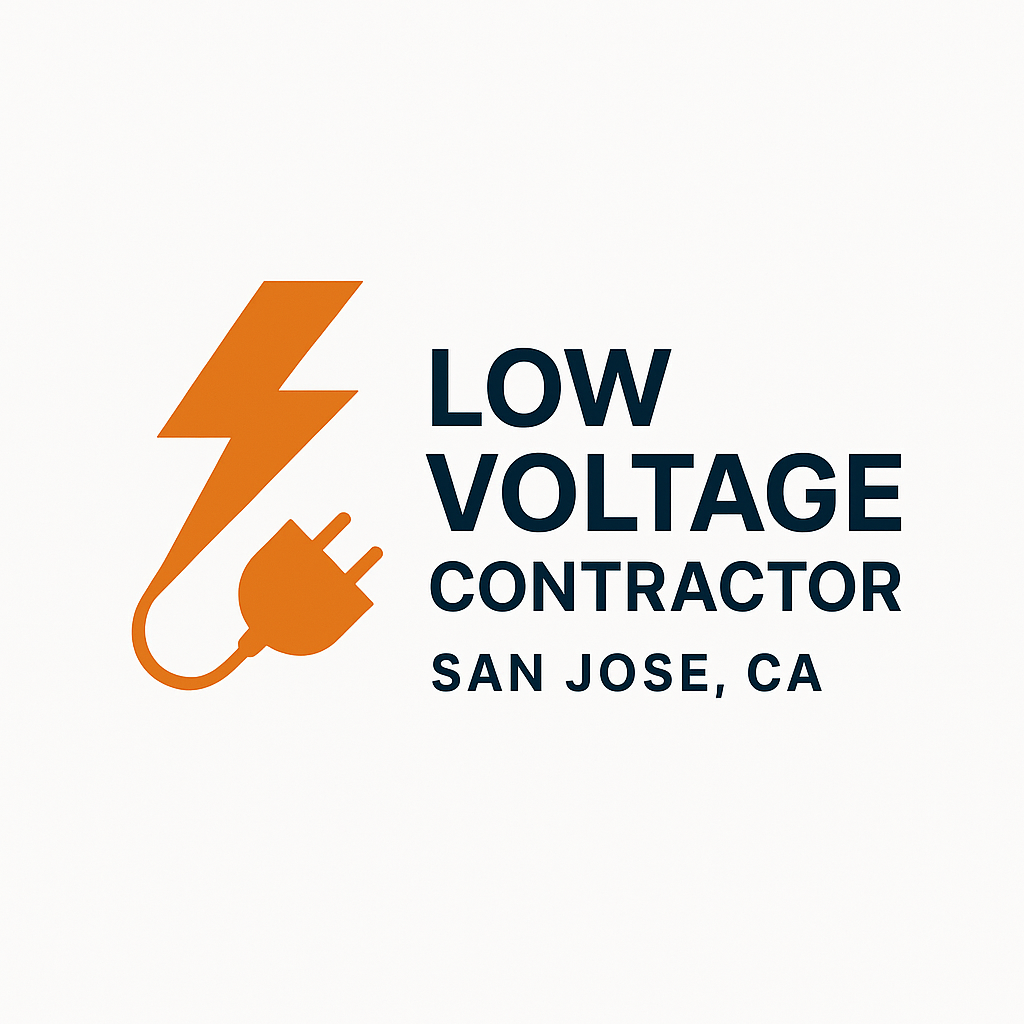How to Choose the Right Access Control System for San Jose Businesses
Introduction
In San Jose, where tech companies, retail stores, and office buildings thrive, access control systems installers in San Jose are more than just door locks. They protect sensitive data, ensure employee safety, and help businesses stay compliant with local building and fire codes. But with so many options—key cards, fobs, biometrics, and cloud-based solutions—how do you know which system is right for your business?
This guide breaks down each option, explores their pros and cons, and helps San Jose property owners make an informed decision.
Why Access Control Matters for San Jose Businesses
Security and Liability
- Prevents unauthorized access to sensitive areas.
- Reduces liability risks in case of theft or workplace incidents.
Compliance with Local and National Standards
- San Jose Building Division follows the California Electrical Code (CEC), based on NEC standards.
- Fire and life safety codes may require electronic access logs and fail-safe exits.
Operational Efficiency
- Automated systems save time for HR, IT, and security teams.
- Cloud-based dashboards allow for centralized management across multiple properties.
Types of Access Control Systems
Key Card Systems
- How They Work: Employees swipe or tap a plastic card to gain access.
- Pros: Affordable, easy to replace, widely adopted.
- Cons: Cards can be lost, stolen, or cloned.
Key Fob Systems
- How They Work: Small electronic fobs use RFID or proximity technology.
- Pros: Convenient, durable, faster than card swipes.
- Cons: Still vulnerable to loss or theft.
Biometric Systems
- How They Work: Authenticate identity through fingerprints, facial recognition, or iris scans.
- Pros: High-level security, cannot be shared or stolen easily.
- Cons: Higher upfront cost, privacy concerns, requires reliable hardware.
Cloud-Based Access Control
- How They Work: Managed via online platforms with mobile apps and real-time reporting.
- Pros: Remote management, scalable for growing businesses, integrates with other smart systems.
- Cons: Relies on stable internet connection, ongoing subscription costs.
Factors to Consider When Choosing an Access Control System
Business Size and Industry Needs
- Small offices: Key fobs or cards may be sufficient.
- Tech firms or data centers: Biometric or multi-factor authentication is ideal.
- Retail stores: Cloud-based systems allow centralized monitoring.
Integration with Existing Infrastructure
- Compatibility with security cameras, alarm systems, and fire alarms.
- Ability to scale as your business grows.
Compliance and Legal Requirements
- San Jose businesses must meet California Title 24 (energy and accessibility codes).
- NEC requires low-voltage cabling for many access systems (Article 725).
Budget and Total Cost of Ownership
- Consider installation, hardware, software licensing, and ongoing maintenance.
- Cloud-based systems often use a subscription model, while card/fob systems may have higher upfront costs but lower recurring fees.
Common Mistakes to Avoid
Choosing Price Over Security
Cutting costs upfront can lead to vulnerabilities, especially for businesses handling sensitive data.
Ignoring Scalability
A small retail shop today may expand into multiple San Jose locations. Your system should grow with you.
Overlooking User Training
Even the most advanced system fails if employees don’t know how to use it properly.
Best Practices for San Jose Businesses
Consult a Licensed Low Voltage Contractor
Access control falls under low-voltage systems and must comply with NEC and CEC. Hiring a licensed contractor ensures safety and compliance.
Plan for Future Tech Integration
San Jose’s smart building trend means your access control should integrate with IoT, video surveillance, and visitor management systems.
Regular Maintenance and Security Updates
- Schedule annual inspections.
- Update firmware and access permissions regularly.
Conclusion & Key Takeaways
- Key cards and fobs are cost-effective but vulnerable to loss.
- Biometric systems offer high security but higher upfront costs.
- Cloud-based access control provides flexibility, scalability, and remote management.
- San Jose businesses must ensure compliance with NEC/CEC codes and work with licensed contractors.
- The right system balances security, scalability, cost, and compliance.
